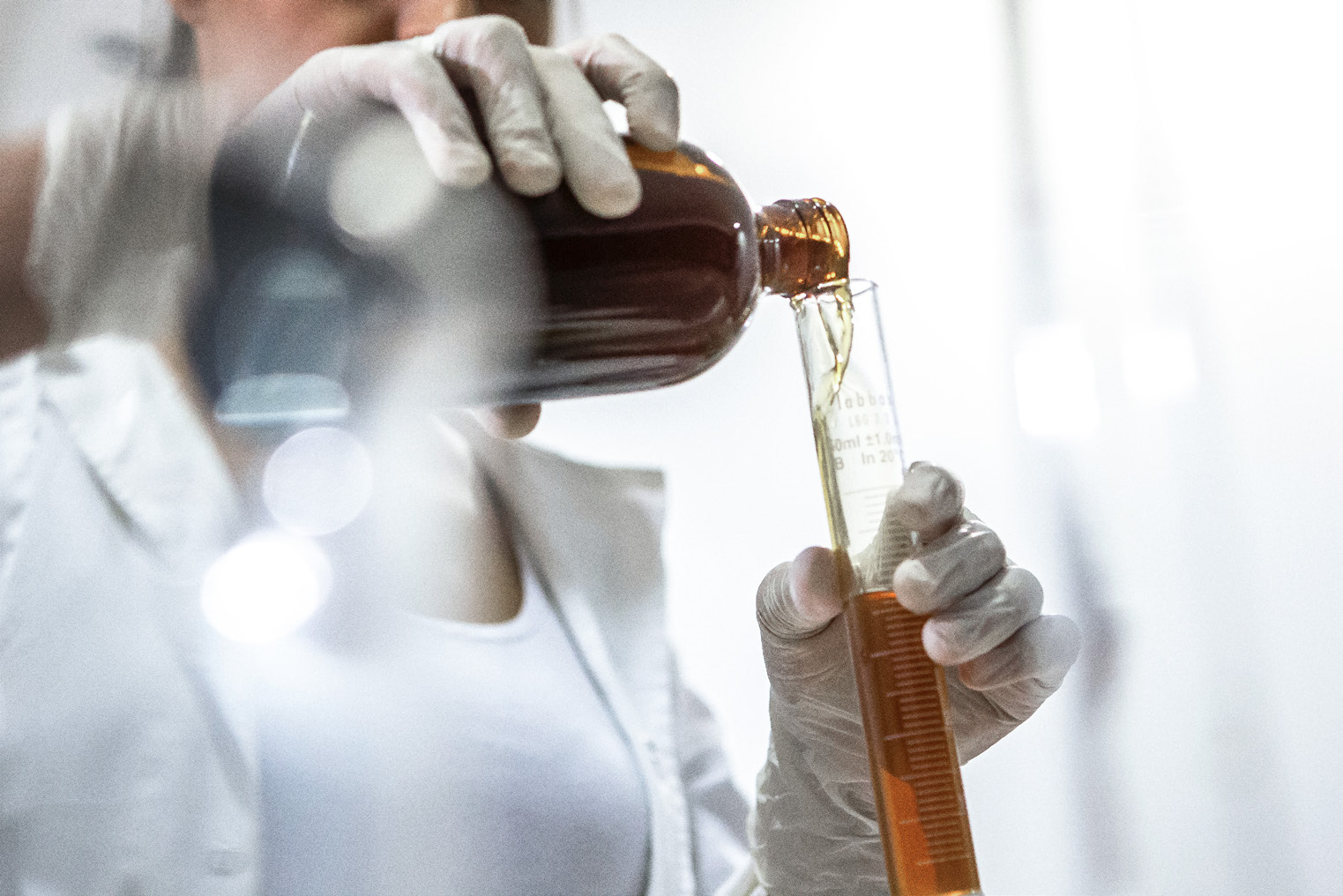Vitamin K2 is a fat-soluble vitamin that plays a central role in regulating calcium metabolism.
All over the body, vitamin K2 activates vitamin K-dependent proteins, which help get calcium to where it's needed.

We wouldn’t have it any other way. Patented, typically 99.7% all-trans K2 MK-7, identical to the K2 molecule found in nature and fully bioactive, so your consumers get the best possible benefits for their bones, heart, and body.
Vitamin K2 is a fat-soluble vitamin that plays a central role in regulating calcium metabolism.
All over the body, vitamin K2 activates vitamin K-dependent proteins, which help get calcium to where it's needed.